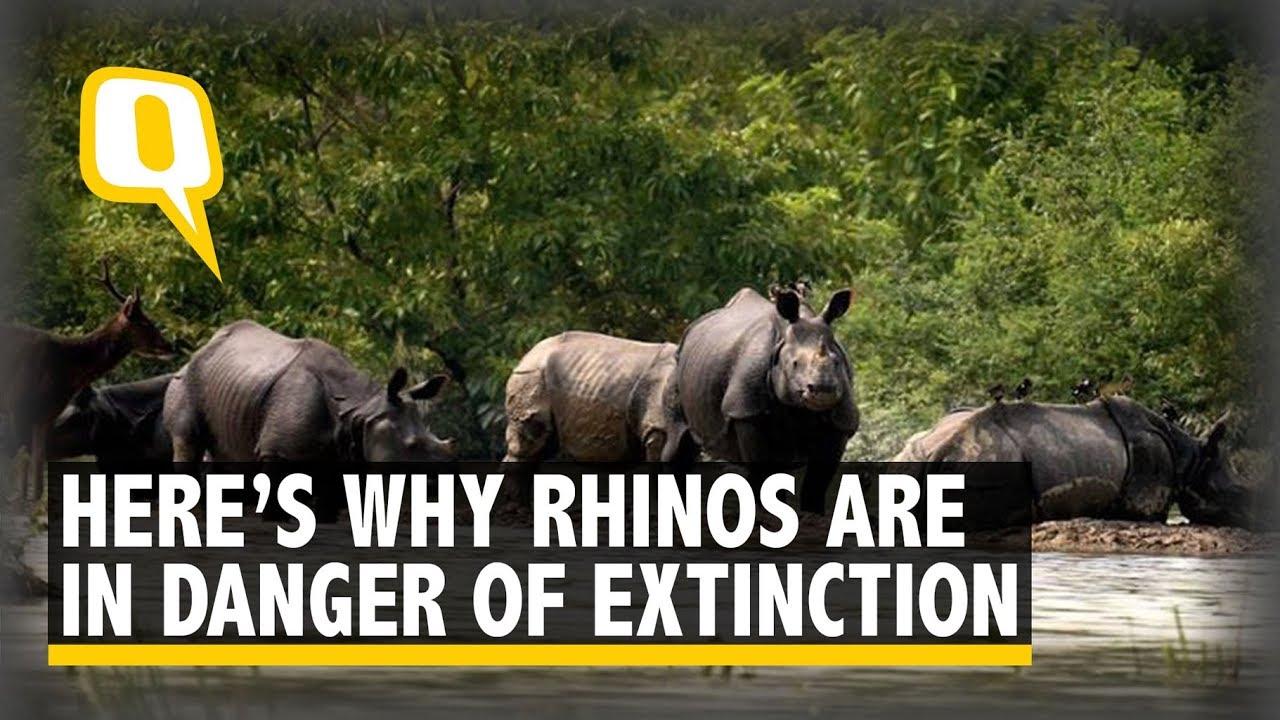Rhinos are endangered due to poaching and habitat destruction.
Rhinos are poached for their horns, which are used in traditional Asian medicine and as a status symbol. Poaching is a major threat to all species of rhinos, including the black rhino, greater one-horned rhino, and white rhino.
Economic development, logging, agriculture, and changes in grassland composition have destroyed or degraded rhino habitats. The remaining rhinos live in isolated areas, which makes them more prone to inbreeding.
Some species of rhinos are more endangered than others:
Javan rhino: The last known Javan rhino in mainland Asia was poached in 2010. The only remaining population of Javan rhinos is in Ujung Kulon National Park in Indonesia.
Sumatran rhino: There are fewer than 100 Sumatran rhinos left in the world.
There are several ways to help save rhinos, including:
- Don't buy rhino horn products: The illegal trade in rhino horns is the biggest threat to rhinos.
- Support conservation organizations: Organizations like WWF and the International Rhino Foundation work to protect rhinos by strengthening protected areas, preserving their habitat, and supporting local communities.
- Support rangers: Rangers are on the front lines, putting their lives at risk every day to protect rhinos. Organizations like Save the Rhino International provide rangers with equipment, training, and basic comforts.
- Support zoos and sanctuaries: Zoos and sanctuaries play a vital role in rhino conservation by serving as research centers, public education hubs, and arks for endangered species.
- Support sustainable wood, paper, and palm oil: Using and supporting sustainable products can help protect rhinos.
- Volunteer: You can volunteer with an anti-poaching unit, observe rhinos in the wild, or work at a sanctuary.
- Monitor rhinos: Monitoring rhinos can help conservationists protect them from poachers.

